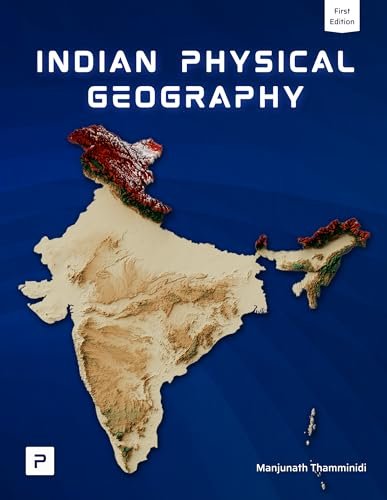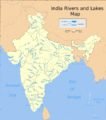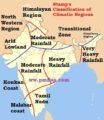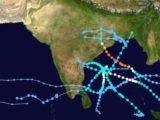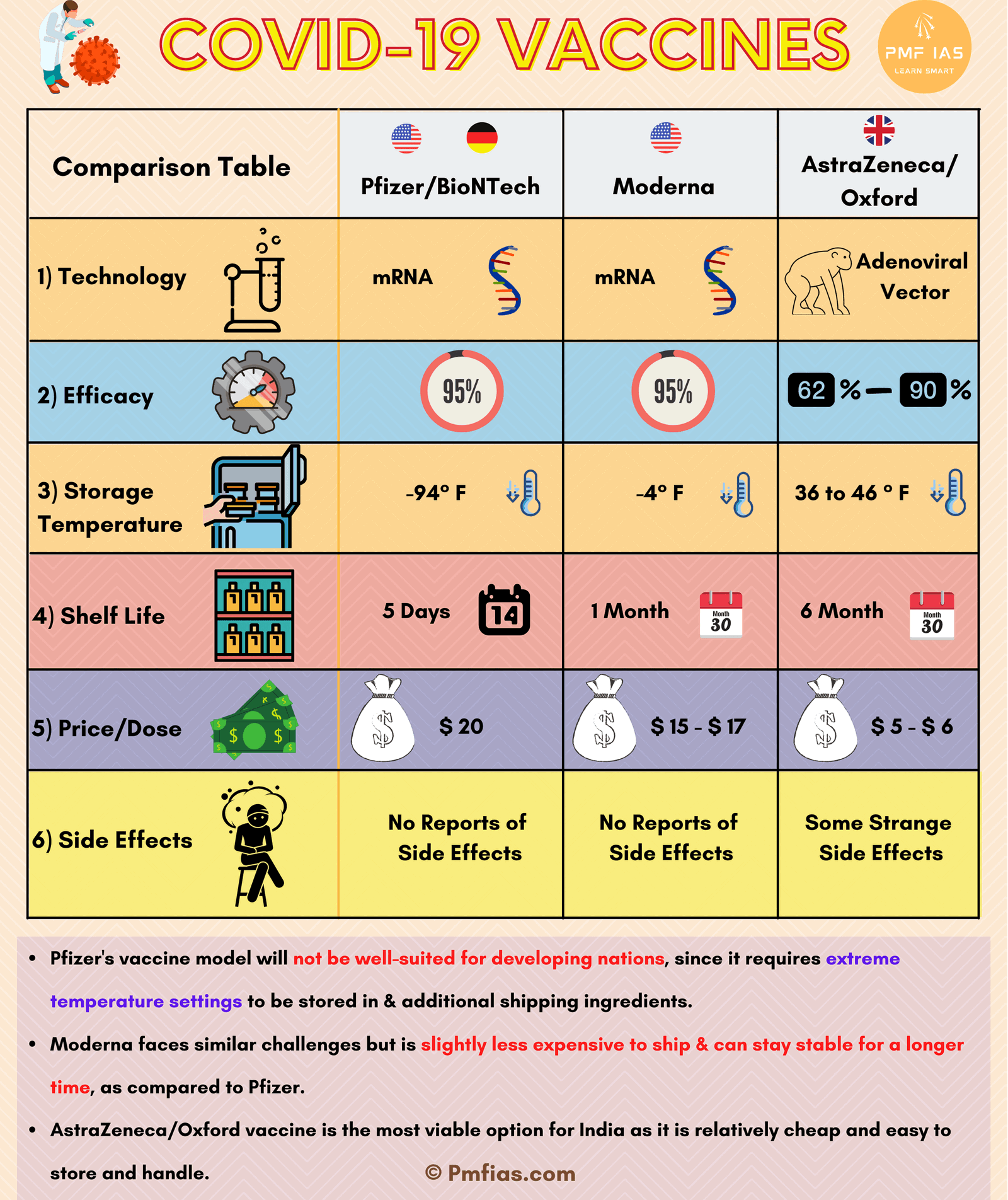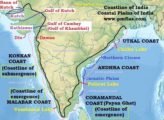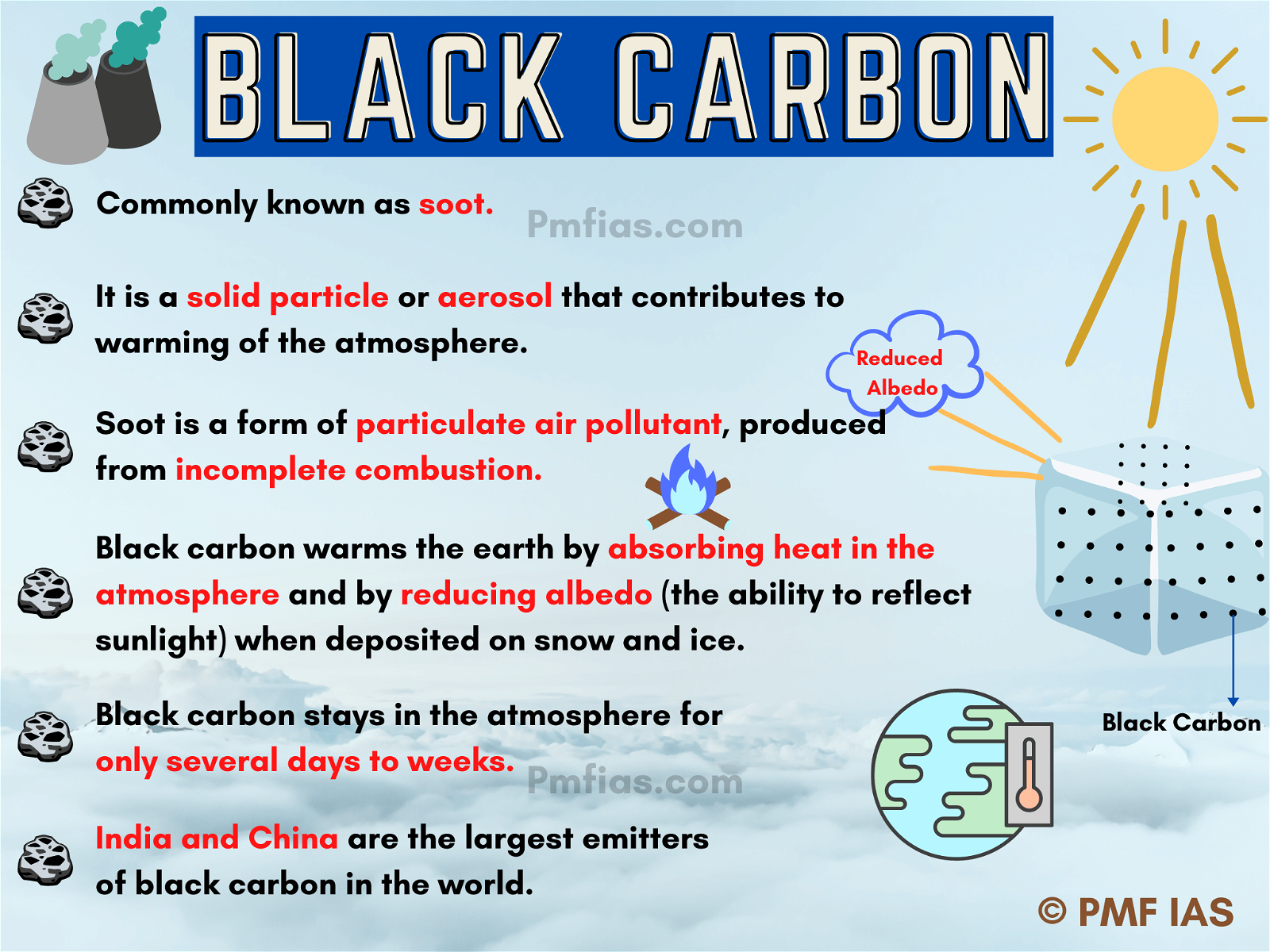
Bauxite, Lead & Zinc, Tungsten & Pyrites Distribution across India and World
Subscribe to Never Miss an Important Update! Assured Discounts on New Products!
Must Join PMF IAS Telegram Channel & PMF IAS History Telegram Channel
Last updated on April 18, 2024 6:40 PM
Distribution of Key Natural Resources across India and World. Bauxite | Lead & Zinc – Galena | Tungsten – Wolfram | Pyrites Distribution in India & World.
Bauxite
- 80 % of bauxite [ore of aluminium] ore is used for making aluminium.
- Found mainly as hydrated aluminium oxides.
- Total resources == 3,480 million tonnes == 84 per cent resource are of metallurgical grade
Bauxite Distribution in India
- Odisha alone accounts for 52 per cent
- Andhra Pradesh 18 per cent
- Gujarat 7 per cent
- Chhattisgarh and Maharashtra 5 per cent each
- Madhya Pradesh and Jharkhand 4 per cent.
- Major bauxite resources are in the east coast in Odisha and Andhra Pradesh.
- India manages to export small quantities of bauxite.
- Major importers are Italy (60%), U.K. (25%), Germany (9%) and Japan (4%).

Odisha
- Largest bauxite producing state.
- One-third of the total production of India.
- Kalahandi and Koraput districts.
- Extends further into Andhra Pradesh
- The main deposits occur in Kalahandi, Koraput, Sundargarh, Bolangir and Sambalpur districts.
Chhattisgarh
- Second largest producer.
- Maikala range in Bilaspur, Durg districts and the Amarkantak plateau regions of Surguja, Raigarh and Bilaspur are some of the areas having rich deposits of bauxite.
Maharashtra
- Third largest producer.
- Largest deposits occur in Kolhapur district.
- Kolhapur district contain rich deposits with alumina content 52 to 89 per cent.
- Other districts: Thane, Ratnagiri, Satara and Pune.
Jharkhand
- Ranchi, Lohardaga, Palamu and Gumla districts.
- High grade ore occurs in Lohardaga.
Gujarat
- Jamnagar, Junagadh, Kheda, Kachchh, Sabarkantha, Amreli and Bhavnagar.
- The most important deposits occur in a belt lying between the Gulf of Kachchh and the Arabian sea through Bhavnagar, Junagadh and Amreli districts.
- Amarkantak plateau area, the Maikala range in Shandol, Mandla and Balaghat districts and the Kotni area of Jabalpur district are the main producers.
Bauxite Distribution – World


- Australia (31.34%),
- China (18.41%),
- Brazil (13.93%),
- Guinea (8.36%), etc.
Lead
- Malleable [can be hammered into thin sheets], soft, heavy and bad conductor.
- Lead is a constituent in bronze alloy and is used as an anti-friction metal.
- Lead oxide is used in cable covers, ammunition, paints, glass making and rubber industry.
- It is also made into sheets, tubes and pipes which are used as sanitary fittings.
- It is now increasingly used in automobiles, aeroplanes, and calculating machines.
- Lead nitrate is used in dyeing and printing.
- Lead does not occur free in nature. It occurs as a cubic sulphide known as GALENA.
- Galena is found in veins in limestones, calcareous slates and sandstones.
Zinc
- Zinc is a mixed ore containing lead & zinc.
- Zinc is found in veins in association with galena, chalcopyrites, iron pyrites and other sulphide ores.
- It is mainly used for alloying and for manufacturing galvanized sheets.
- It is also used for dry batteries, electrodes, textiles, die-casting, rubber industry and for making collapsible tubes containing drugs, pastes and the like.
Distribution of Lead and Zinc ores – India and World
- Rajasthan is endowed with the largest resources of lead-zinc ore (88.61 per cent),
- Andhra Pradesh (3.31 per cent),
- Madhya Pradesh (2.16 per cent),
- Bihar (1.67 per cent)
- Maharashtra 9 (1.35 per cent).
- Almost the entire production comes from Rajasthan.

Tungsten
- Ore of Tungsten is called
- Most important property is that of self-hardening which it imparts to steel.
- Over 95 per cent of the worlfram is used by the steel industry.
- Steel containing the requisite proportion of tungsten is mainly used in manufacturing amunitions, armour plates, heavy guns, hard cutting tools, etc.
- Tungsten is easily alloyed with chromium, nickel, molybdenum, titanium, etc. to yield a number of hard facing, heat and corrosion resistant alloys.
- It is also used for various other purposes such as electric bulb filaments, paints, ceramics, textiles, etc.
Distribution of Wolfram
- Karnataka (42 per cent)
- Rajasthan (27 per cent)
- Andhra Pradesh (17 per cent)
- Maharashtra (9 per cent)
- Remaining 5 per cent resources are in Haryana, Tamil Nadu, Uttarakhand and West Bengal
- Domestic requirements are met by imports.
Pyrites
- Pyrite is a sulphide of iron.
- Chief source of sulphur.
- High proportion of sulphur is injurious to iron. Hence is it removed and used to produce sulphur.
- Sulphur is very useful for making sulphuric acid which in turn is used in several industries such as fertilizer, chemicals, rayon, petroleum, steel, etc.
- Elemental sulphur is useful for manufacturing explosives, matches, insecticides, fungicides and for vulcanizing rubber
- Pyrites occur in Son Valley in Bihar, in Chitradurga and Uttar Kannada districts of Karnataka and the pyritous coal and shale of Assam coalfields.
- It is widely distributed and scattered across the country.
Primary References: NCERT Geography, Indian Geography by Kullar [Amazon and Flipkart], Wikipedia, Geology.com
Last updated on April 18, 2024 6:40 PM





